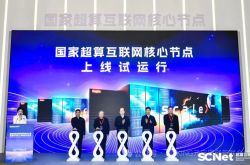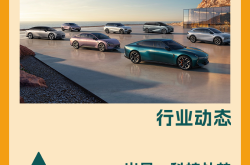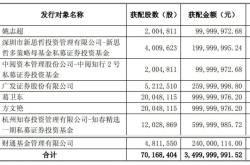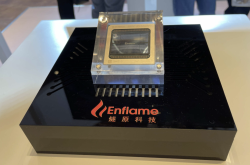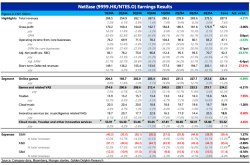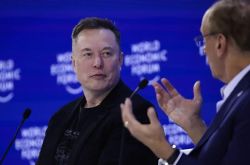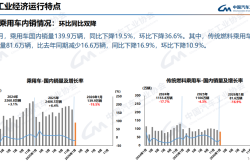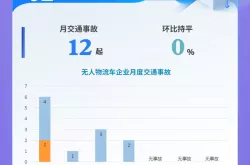"Volkswagen's Prolonged Comfort Zone"
![]() 06/26 2025
06/26 2025
![]() 603
603
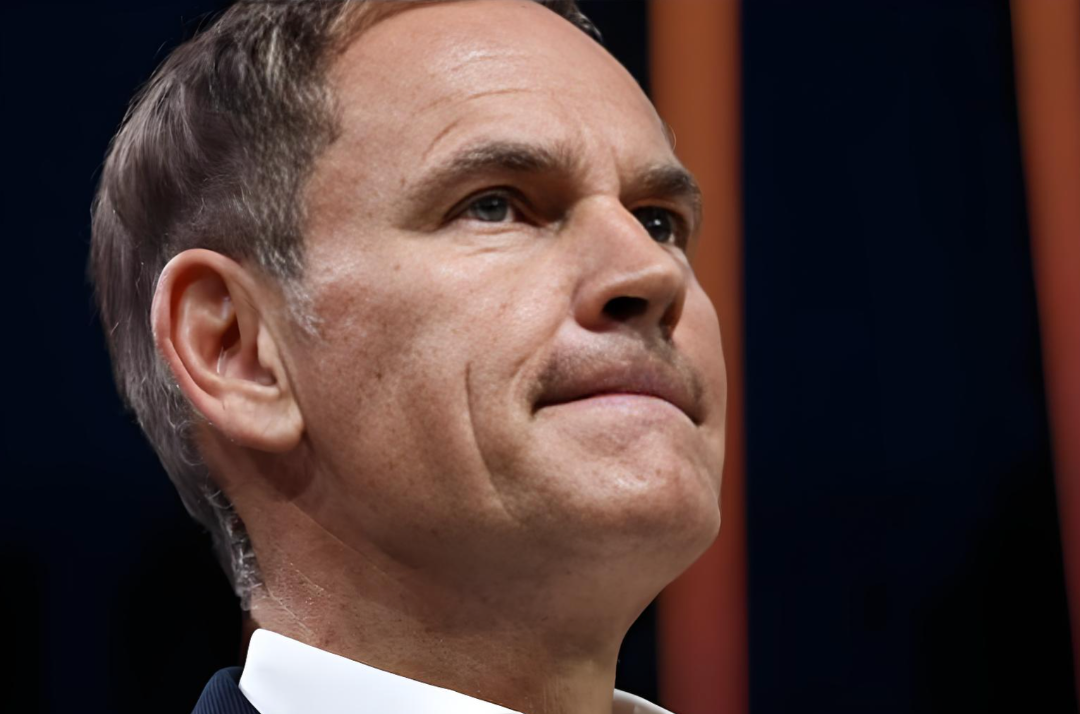
Introduction
Oliver Blume's glass water cup adorned with the "GTI" logo silently bears witness to Volkswagen's desperate struggle.
"We've rested on our laurels for far too long," he conceded candidly.
In a recent interview at Volkswagen's Wolfsburg headquarters, Oliver Blume, the helmsman of the Volkswagen Group, openly admitted this to reporters. As the CEO overseeing both Porsche and Volkswagen, Blume acknowledged that the Volkswagen Group is grappling with numerous challenges as he attempts to steer Europe's largest industrial conglomerate out of the shadow of "crisis".
Admittedly, Volkswagen Group remains one of the top two automotive groups globally, a colossus with annual sales of 9 million vehicles. However, it should be noted that Toyota sold 10.16 million vehicles in 2024, reclaiming the global sales crown for the fifth consecutive year. In comparison, Volkswagen's sales of 9.037 million vehicles placed it firmly in second place once again.
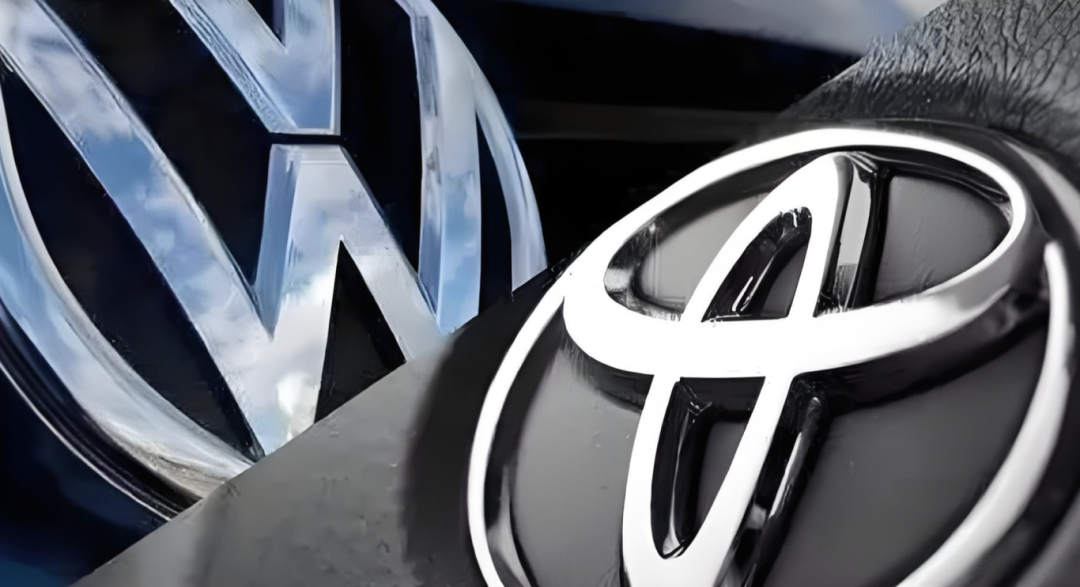
This shift from first to second place is more than just a superficial change in rankings; it signifies numerous underlying issues lurking beneath the surface, as Blume himself enumerated: "Our product design and quality need improvement, software issues are severe, our China product strategy is disconnected from the market, and we are lagging behind in key technological areas – these are not minor concerns."
Given these "reefs," some question whether Volkswagen faces the risk of "downgrading." However, in Blume's view, Volkswagen has not yet reached the point of direct downgrading, but its situation is indeed dire. At the same time, Blume also expressed his enjoyment in solving problems and maintaining high morale among the team – "Now is the time for us to prove ourselves."
01 Blume's "Billiards Strategy" as a Local Leader
However, during Volkswagen Group's turning point, there have been many voices of doubt. Among them, Blume's dual role as the CEO of both Porsche and Volkswagen, both listed on the DAX, has sparked considerable controversy.
"Do you feel that you are irreplaceable?"
Faced with the pointed question from the reporter, Blume's response was crisp and to the point: "Absolutely not." But he insisted that leading both Volkswagen and Porsche is a strategic advantage for his transformation plans. When asked if he was willing to relinquish his position as CEO of Volkswagen, Blume demonstrated the pragmatism of a calm thinker: "This model is not eternal. We will keep the option open to change it if it benefits both companies."
Meanwhile, holding the dual roles of CEO for both Volkswagen and Porsche also entails dual responsibilities. Blume revealed that he works 6-7 days a week, traveling almost daily between global brands. But Blume also sees this as a sharpening stone: "I have high demands on myself and am 100% committed to both roles." When asked if he enjoys this high-pressure job, his answer was unusually firm: "Very much. I like solving problems."
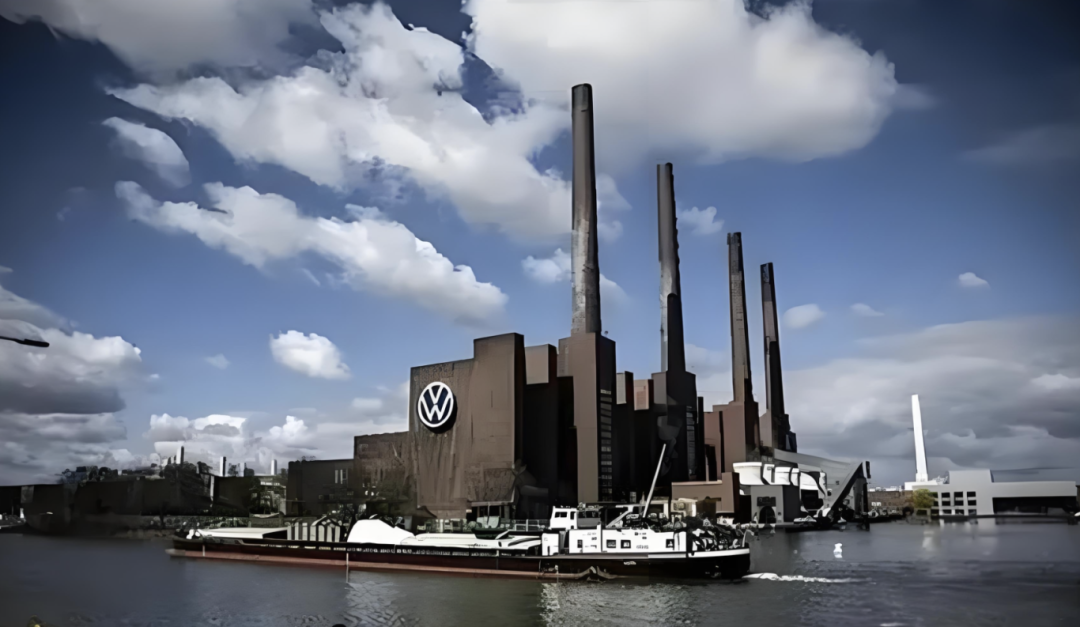
Enjoying problem-solving doesn't mean all issues can be resolved immediately. In this marathon battle at Wolfsburg, Blume and the Volkswagen Group behind him face numerous hurdles.
As an undoubted automotive giant in the traditional fuel era, there are differing voices regarding the shift to electric transformation. Some believe it's necessary to embrace the new era, while others think abandoning the fuel system is foolish and absurd.
"Wolfsburg's resistance to change is frustrating," lamented Herbert Diess, Blume's predecessor as CEO of Volkswagen Group.
However, compared to his predecessor, who had worked in Wolfsburg for many years, Blume, as a local leader, has a different strategy or advantage in tackling problems: "I rely on my network of relationships and experience to clarify what matters most. It's like playing billiards; sometimes you have to use the cushion to bounce the ball into the pocket."
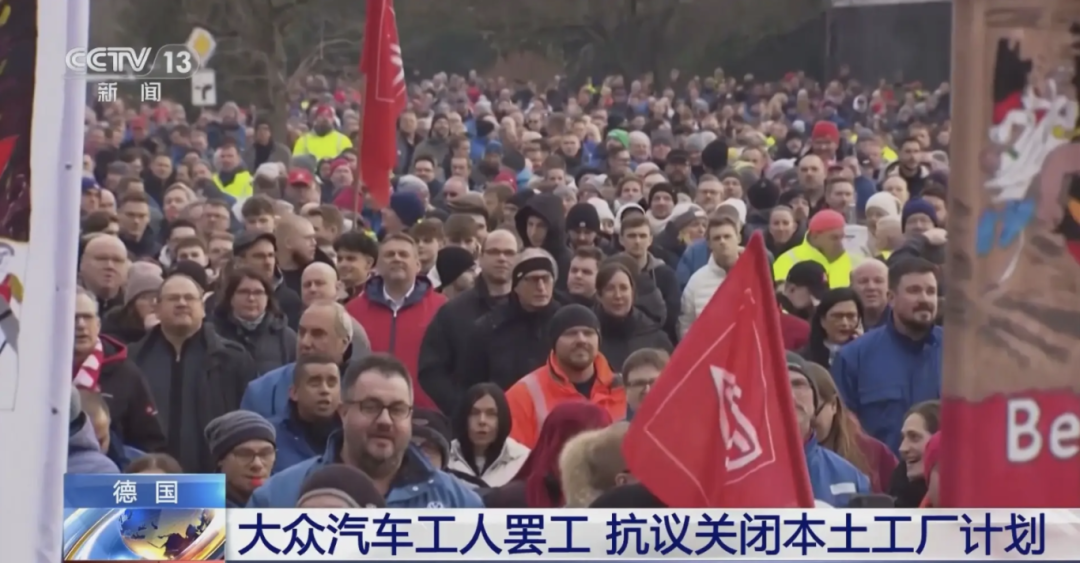
That said, his "billiards strategy" is facing its sternest test yet. For instance, reducing 35,000 jobs by 2030 will undoubtedly cause upheaval among German workers and unions. "This is a painful decision, but it's necessary," Blume insisted, maintaining mutual respect in negotiations. "Everyone should understand that if Volkswagen wants to survive in the long run, changes must be made."
In the reform process, Blume also demonstrated a zero-tolerance attitude. In his view, "Ignorance, selfishness, and laziness can be infuriating. Just like a rotten tomato can ruin the whole box of vegetables." At the same time, his criticism of the German work culture was more direct: "Working 20 hours a week or purely remotely will not achieve our goals. We need everyone to go all in."
At the same time, Blume believes there's no need to be overly pessimistic about Volkswagen's future, as Wolfsburg harbors tremendous energy and a willingness to change. "As long as leadership is proper, even in difficult times like last year, the company can unleash astonishing energy. Ultimately, the results we achieved exceeded the expectations of many people."
When facing the management challenges of such a vast empire, Blume demonstrates nearly stringent self-discipline.
Blume sets clear priorities at the beginning of each year and writes them into the annual schedule, which is "basically not changed thereafter." He uses color coding to manage priorities: "When there are thousands of things to do, the key is to identify the hundred most important ones." Private time is also strictly planned, with "family, friends, and sports" all included in the CEO's Excel-style life.
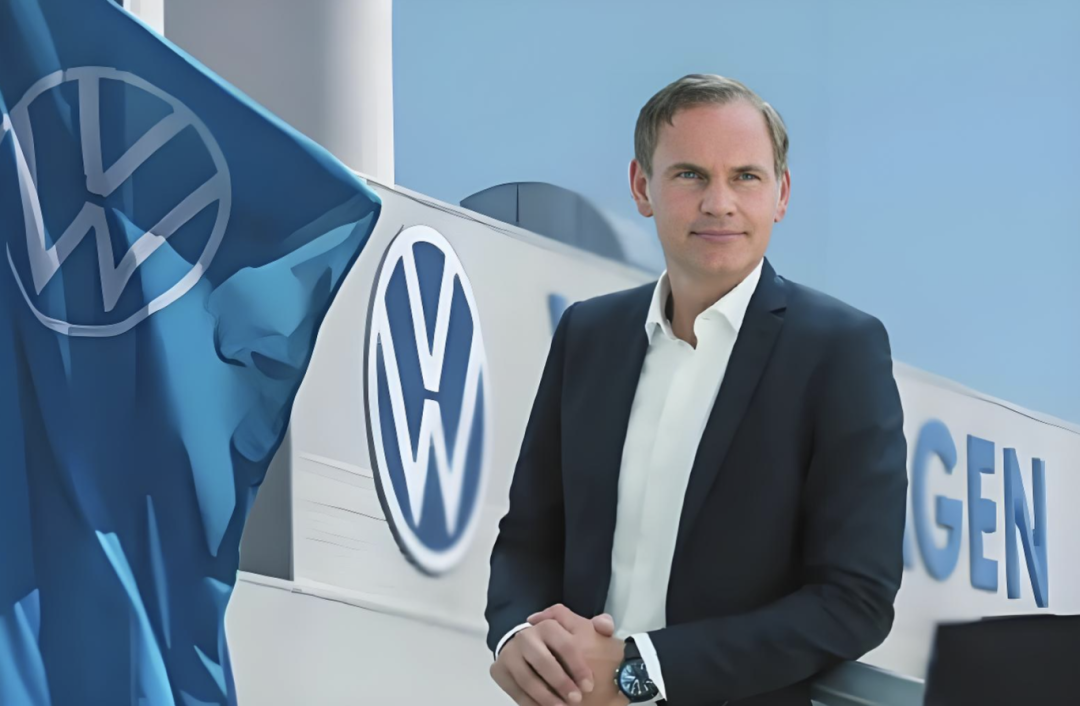
When the reporter teased him about "living in an Excel spreadsheet," Blume admitted with a smile, "It's pretty much like that. There's too much to do, and there's no other way." Currently, his schedule is booked until the end of the year with almost no gaps.
Regarding the controversy surrounding Blume's income exceeding 10 million euros last year despite such a busy work schedule, he gave a candid response: "I only receive half of my salary from both Porsche and Volkswagen. This is much less than the total income I would receive if I were only the group leader." He emphasized that board members voluntarily reduced their total compensation significantly, and he never negotiated his salary.
02 The Global Chess Game
Shifting our focus from Wolfsburg to the global stage, Blume also demonstrated the negotiating wisdom of a multinational corporate leader when facing US tariff policies.
"I went to Washington myself," he revealed, maintaining regular communication with the US Secretary of Commerce, with the issue even escalating to the presidential level. As a giant that directly employs 20,000 people and indirectly employs 55,000 people in the US, Blume cleverly used investment as leverage: "If we make more significant investments, the scale of our business in the US will further expand."
However, he prefers a universal solution: "Any company investing in a country should benefit from better external conditions." This stance also applies to Europe: "As long as foreign capital is willing to invest, establish businesses, and create jobs, it's a good thing."
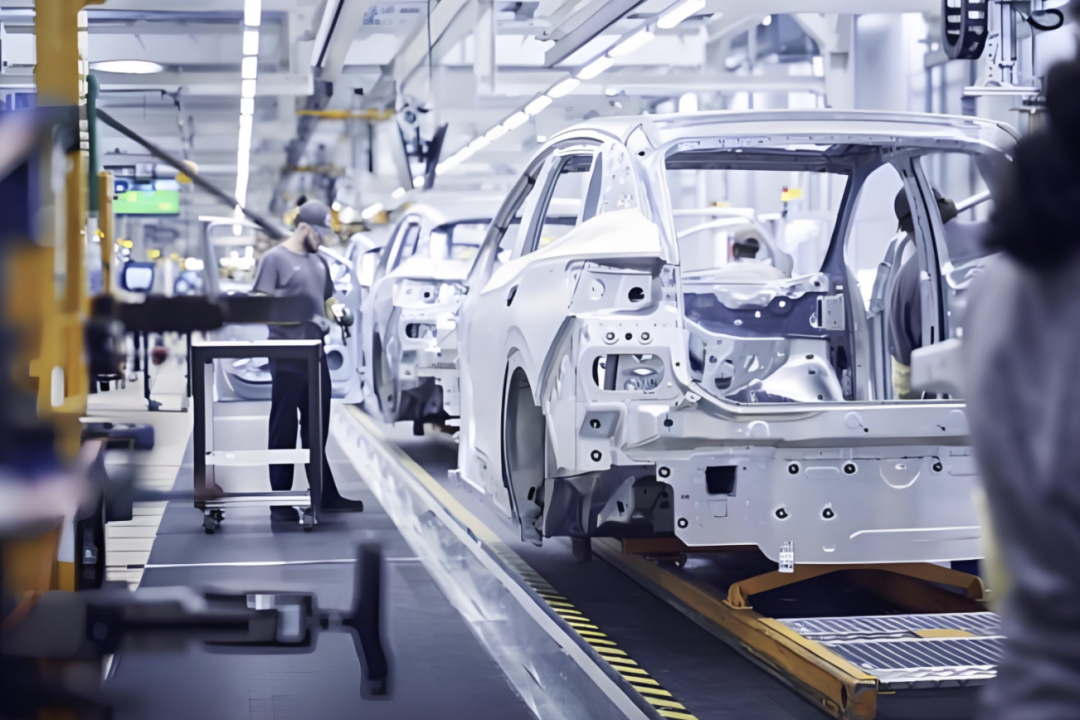
Besides tariff issues and engagement with the US, Blume is well aware that the Chinese market is a core pain point for Volkswagen to reflect on. How to climb out of the quagmire of misplaced competition? How to organize an effective counterattack? These are issues the CEO cannot avoid addressing.
"We were severely out of sync," he frankly admitted, pointing out that the mismatch between product strategy and market demand was a key reason for Volkswagen's plight in China. This retreat from Volkswagen's largest single market in the world was particularly evident two years ago.
In the first half of 2023, Volkswagen's pure electric vehicle sales in China were only 63,000 units, crushed by new energy manufacturers such as BYD and new force automakers represented by "NIO, XPeng, and Li Auto." At that time, Blume bluntly stated: "Our product line is not competitive in China."
After strategic contraction under the pressure of costs, Volkswagen set the peak capital expenditure for 2024 at 40.8 billion euros. To balance investments, Blume pressed the tactical pause button – including postponing the Trinity flagship electric vehicle and the SSP platform to 2030; reducing the number of development and test vehicles by 50%; shortening the new vehicle development cycle from 50 months to 36 months; and reducing management salaries by 5% and freezing hiring.
Therefore, we will witness another critical turning point in Volkswagen's electric transformation in 2025.
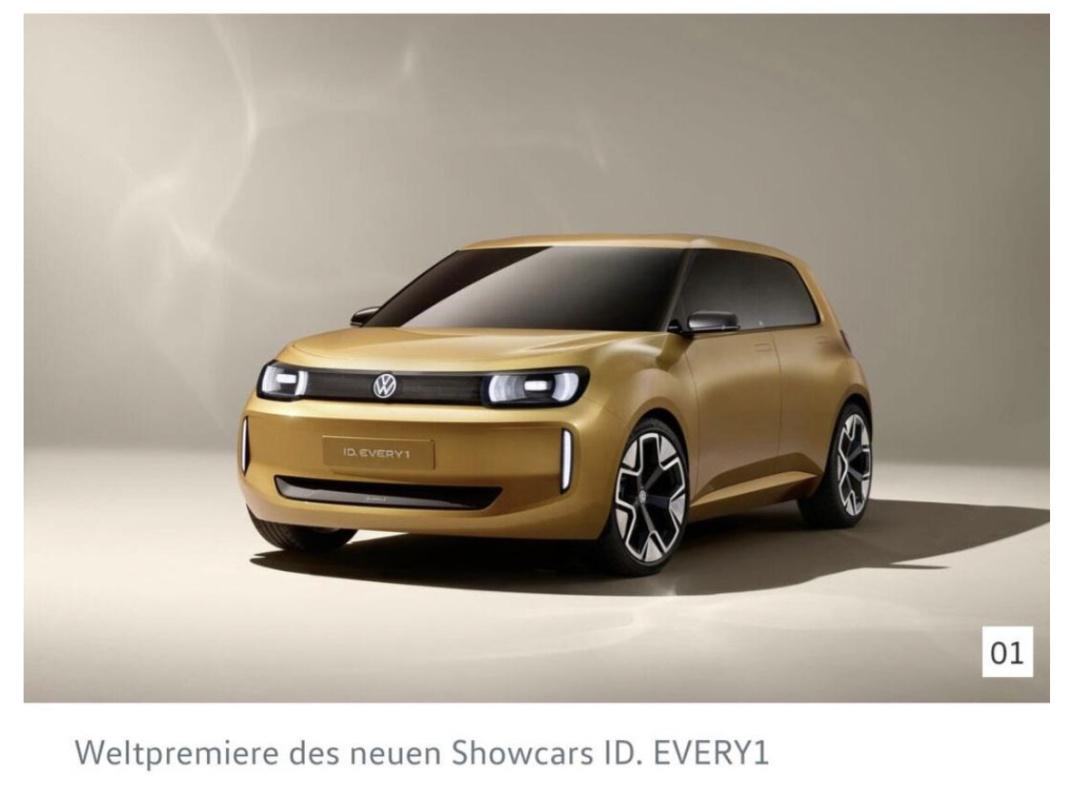
First is sales leadership. In the first quarter of this year, Volkswagen delivered 152,000 pure electric vehicles in Europe, a year-on-year increase of 101%, surpassing Tesla to become the sales champion in the EU. At the same time, cost reductions at battery factories, the MEB-Evo platform empowering the ID.7 Tourer, breakthroughs in extended-range technology... all of these provide Volkswagen with more transformation chips.
In the future, for the Chinese market, Volkswagen is also preparing over 30 new models to participate in the Chinese market battle with a localized revolution.
"Whether it's technology or cost levels, we can compete on an equal footing with our Chinese counterparts," Blume said. Under his outlook, future Volkswagen new vehicles will be highly competitive in the Chinese market. Behind his confidence is Volkswagen's painful transformation, including streamlining product lines and reorganizing the software department CARIAD, which have already begun to show results, as well as optimism about localized achievements.
In addition to the upcoming more than 30 new models to be launched in the Chinese market, the new 25,000-euro Volkswagen, Cupra, and Skoda models that will debut this year, as well as the subsequent entry-level electric vehicle ID. Every1, will collectively form a new echelon of Volkswagen electric vehicles.
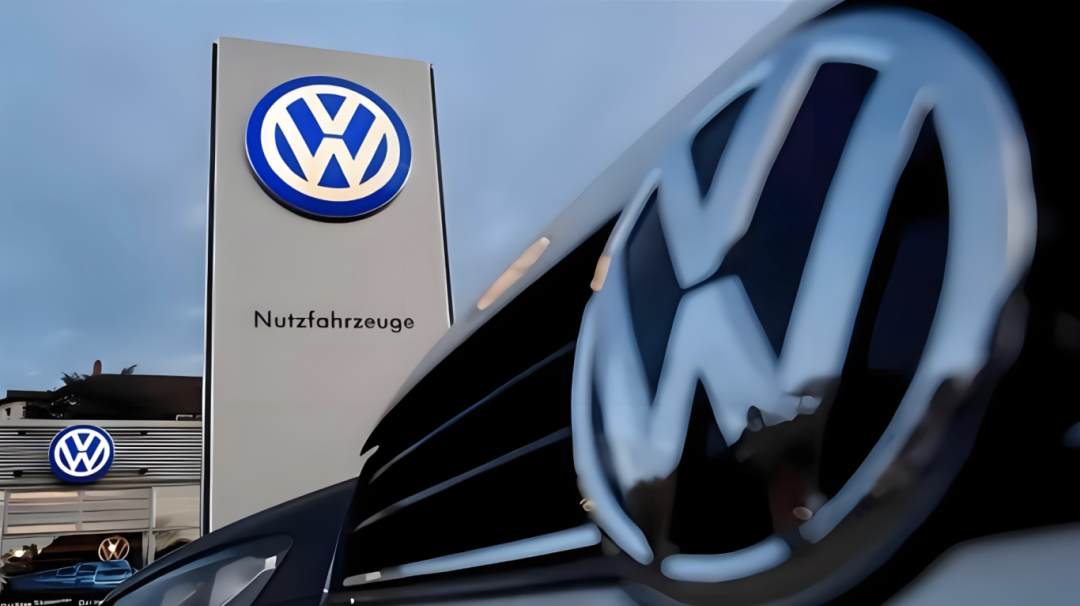
Standing by the window of the Wolfsburg headquarters, the vast factory before Blume's eyes is both a burden and a source of confidence. Two and a half years of reform have allowed Volkswagen to "streamline its product portfolio and reorganize its software department," but the real test has only just begun. The counterattack with 30 new models in the Chinese market, the challenging negotiations on US tariffs, and the layoff plan for 35,000 employees – each step is treacherous.
Clearly, this transformation is akin to Blume's own "billiards philosophy," requiring precise calculation of every shot angle.
As the leadership position in the European electric vehicle market is challenged and Chinese competitors continue to exert pressure, can Volkswagen, this giant ship, avoid the iceberg under Blume's helm? The answer may lie in those 30 new models soon to enter the Chinese market, in the pain of the transformation of the Wolfsburg production line, and even on the glass cup that the CEO uses six to seven days a week – the cup with the "GTI" logo, silently witnessing Volkswagen's desperate struggle.
Editor-in-Chief: Li Sijia, Editor: He Zengrong

